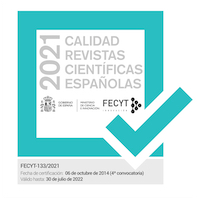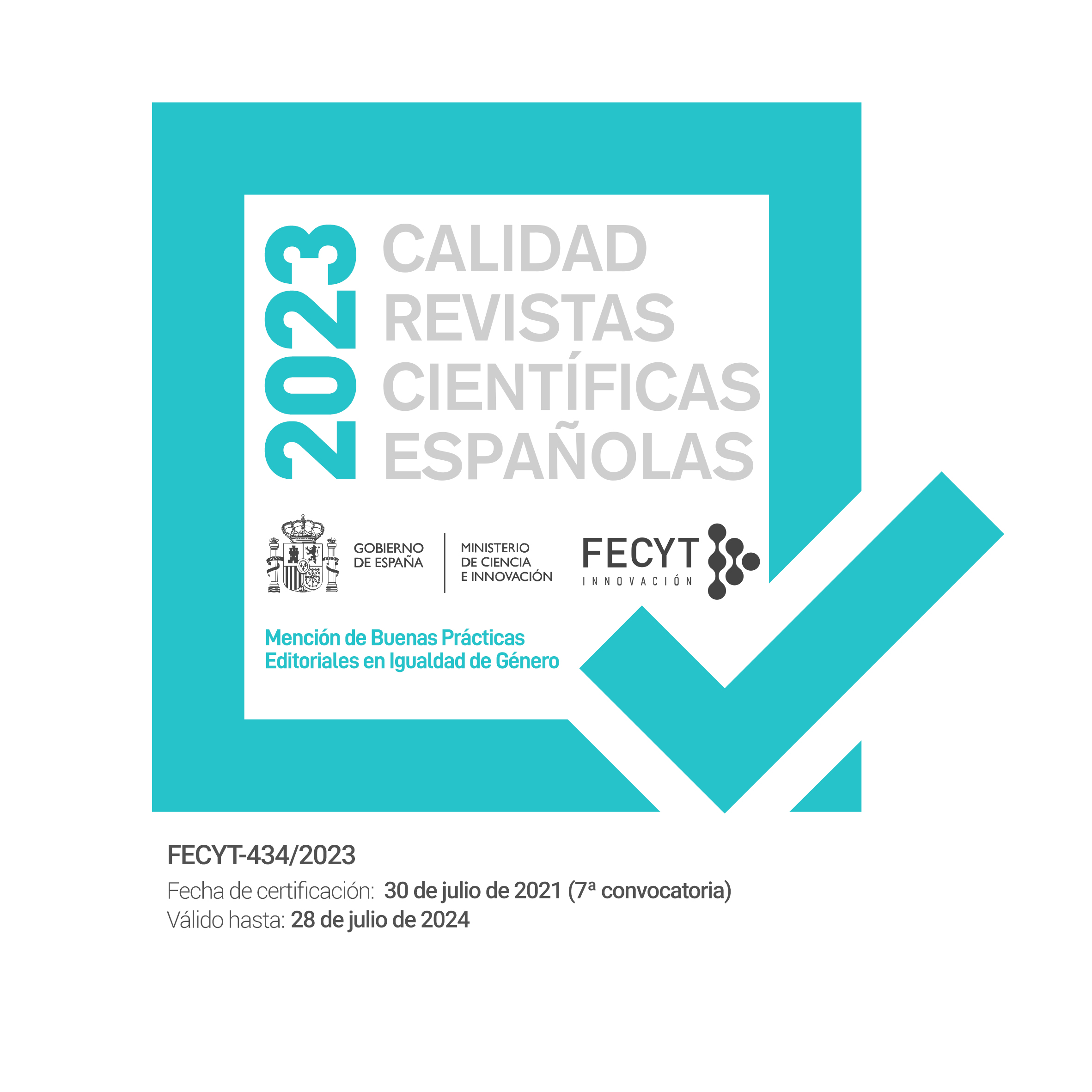Ecological Transition and the Clash Between Economic Compatibility and Social Demands
DOI:
https://doi.org/10.12800/vg.19.5Keywords:
taxonomy, environmental law, sustainability, climate change, green dealAbstract
The rise – not entirely unforeseen – of ecological issues today requires all communities to rethink their relationship with natural resources and ecosystem balances. Such an effort requires channelling all the best economic and social forces towards environmental sustainability objectives. With this in mind, the European institutions, in the context of the so-called green deal, have set up a regulatory framework to allow players in the financial markets to make their own contribution to this end: a contribution that is imagined to be central and decisive given the financial commitment required by the transition. For this reason, the regulatory framework is particularly attentive to promoting and not throttling market logics that are meant to be virtuous. In particular, this is the bet underlying the European taxonomy regulation. However, the centrality of market mechanisms underlying this regulation implies a substantial abdication of political decision-making, which entrusts the choice of the fundamental priorities to be pursued with green investments to market logics. In particular, market mechanisms are entrusted with the choice of how to balance the goal of climate change mitigation and that of adapting our societies to the changes taking place. This could lead to an overestimation of economic compatibilities to the detriment of the correct evaluation of social demands, which would significantly diminish the concrete chances of achieving the fundamental objectives of the green deal.
References
Bevilacqua, Daniele, and Elena Chiti. Green Deal. Bologna, 2024.
Canuto, V. M. “Clima.” Enciclopedia del Novecento, II suppl., Roma, 1998.
Cerquozzi, Francesco. “L’European Green Deal: Quando l’ortodossia neoliberale si colora di verde.” La Fionda, no. 1, 2024, p. 57.
Colaert, Vincent. “The Changing Nature of Financial Regulation: Sustainable Finance as a New EU Policy Objective.” Common Market Law Review, vol. 59, 2022, pp. 1669–1699.
Di Tullio, Marco, and Maria Luisa Fagnani. Una storia ambientale dell’età moderna. Società, saperi, economie. Roma, 2024.
Fischer, Thomas, and Knut Huber. “La truffa delle emissioni.” Internazionale, no. 1496, 2023, pp. 38–41.
Fleming, James Rodger. Historical Perspectives on Climate Change. Oxford UP, 1998.
Grandjean, Alain, Julien Lefournier, and Gaël Giraud. L’illusion de la finance verte. Ivry-sur-Seine, 2021.
Greenfield, Patrick. “Revealed: More Than 90% of Rainforest Carbon Offsets by Biggest Certifier Are Worthless, Analysis Shows.” The Guardian, 18 Jan. 2023, www.theguardian.com/environment/2023/jan/18/revealed-forest-carbon-offsets-biggest-provider-worthless-verra-aoe.
IPCC. “Summary for Policymakers.” Climate Change 2007: The Physical Science Basis. Contribution of Working Group I to the Fourth Assessment Report of the Intergovernmental Panel on Climate Change, edited by Susan Solomon et al., Cambridge UP, 2007, www.ipcc.ch/pdf/assessment-report/ar4/wg1/ar4-wg1-spm.pdf.
Jensen, Michael C., and William Meckling. “Theory of the Firm: Managerial Behavior, Agency Costs and Ownership Structure.” Journal of Financial Economics, vol. 3, 1976, pp. 305–360.
Keller, Christopher, and Mark O’Neal. Costing the Earth: What Will It Take to Make the Green Transition Work? 22 Aug. 2023, www.ib.barclays/our-insights/3-point-perspective/costs-of-the-green-transition.html.
Lamb, Hubert H. Climate, History and the Modern World. Routledge, 1995.
Marelli, Enrico. Scuole macroeconomiche ed il dibattito di politica economica. Torino, 1997.
Marini-Bettolo, Giovanni Battista. “Inquinamento ambientale.” Enciclopedia del Novecento, vol. 8, Roma, 1989, pp. 528–550.
Moore, Jason W. Antropocene o Capitalocene? Scenari di ecologia-mondo nell’era della crisi planetaria. Milano, 2017.
Mostacci, Edmondo. “Integrazione attraverso il mercato e declino dello Stato democratico: Appunti per un’indagine genealogica.” Dpce Online, vol. 42, 2020, p. 371.
Rieser, Christopher. “The Chief Shows Them How at Indian Head.” Fortune, vol. 65, 1962, pp. 129–168.
Roncaglia, Alessandro. L’età della disgregazione. Storia del pensiero economico contemporaneo. Roma-Bari, 2019.
Seele, Peter and Lucia Gatti. “Greenwashing Revisited: In Search of a Typology and Accusation-Based Definition Incorporating Legitimacy Strategies.” Business Strategy and the Environment, vol. 26, no. 2, 2017, pp. 239–256.
Somma, Alessandro. “Europa, sovranità e ordine economico nel prisma delle teorie federaliste.” Dpce Online, vol. 42, 2020, pp. 427–450.
Steinbach, Armin. “The Greening of the Economic and Monetary Union.” Common Market Law Review, vol. 59, 2022, pp. 329–360.
Tommasi, Carlo. “Terra. Bilancio termico.” Enciclopedia della Scienza e della Tecnica, Roma, 2007.
Valerio, Paolo. “La finanziarizzazione della natura e il progetto delle natural asset companies.” La Fionda, no. 1, 2024, pp. 82–90.
Varoufakis, Yanis. Tecnofeudalesimo. Cosa ha ucciso il capitalismo. Milano, 2023.
Volpi, Andrea. “Finanza, tecnologia e armi. Dove va a parare il ‘Piano Draghi’ per l’Unione Europea.” Altreconomia, 9 Sept. 2024, altreconomia.it/finanza-tecnologia-e-armi-dove-va-a-parare-il-piano-draghi-per-lunione-europea/.
Volpi, Andrea. I padroni del mondo. Come i fondi finanziari stanno distruggendo il mercato e la democrazia. Roma-Bari, 2024.
Von Hayek, Friedrich. “Rules and Order.” Law, Legislation and Liberty, London-New York, 1982. Translated as Legge, legislazione e libertà, Milano, 1986.
Von Hayek, Friedrich. “The Use of Knowledge in Society.” Individualism and Economic Order, U of Chicago P, 1948.
Downloads
Published
How to Cite
Issue
Section
License
Copyright (c) 2025 Edmondo Mostacci

This work is licensed under a Creative Commons Attribution-NonCommercial-NoDerivatives 4.0 International License.









